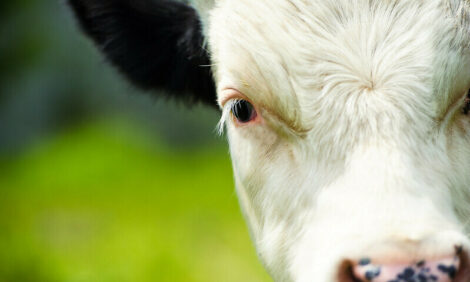



Battery Cage Ban Goes Ahead
EU - At the Agriculture Council on 21 February, ministers discussed the state of play regarding the phasing out of conventional cages for rearing hens. The discussion was based on the Commission's briefing on the multi-stakeholders' meeting that took place in January.The Commission reminded the member states of the deadline of 1 January 2012 – laid down in 1999 – when conventional battery cages for laying hens will no longer be allowed in the EU. It also asked them to provide data on enforcement and declared its intention to monitor the situation until the ban comes into force. Member states agreed that in order to ensure a level playing field among producers and avoid fragmentation of the internal market, the deadline must be met. At the same time, it is important to safeguard EU producers' competitiveness in relation to third countries.
The industry can choose between so-called enriched cages and alternative systems. In enriched cages, hens have access to at least 750 square centimetres of cage area per bird, nests, litter for pecking and scratching, perches for resting and clawing boards. Alternative housing includes barn systems and free range systems, offering the birds more space and freedom to move around and dust-bathe.
The abolition of traditional cages is aimed at improving the well-being of the birds, including their health. The welfare problems often encountered in rearing of laying hens involve increased risk of disease, bone breakage due to osteoporosis, harmful pecking (even cannibalism), behavioural problems and mortality.
Surveys have shown that European consumers are particularly concerned with animal welfare. Many of them are willing to pay more for eggs produced in systems that take more account of the well-being of the birds.
Outcome of the multi-stakeholder meeting on laying hens
According to the minutes of the 3070th meeting of the Agriculture and Fisheries Council, Ministers were briefed on the outcome of the multi-stakeholder meeting on the implementation of directive 1999/74 on the welfare of laying hens (6564/11).
Some Member States complained about the investments needed to phase out conventional cages for laying hens at a time when farmers have to tackle rising prices for feed and the closeness of the deadline to comply with the directive. However, most of the delegations were in favour of respecting the deadline set to 1 January 2011 because they considered huge efforts have been invested by producers on this important animal welfare issue and a delay in the implementation would constitute an inequitable treatment of these farmers. Some of these Member States noted that the EU has to ensure that imported products should respect the same standards. The Commission regrets the lack of factual information about the implementation of this directive and asks to have all available information before 1 April 2011.
Directive 1999/74 provides that conventional cages will have to be phased out in the EU by 1 January 2012 since found unacceptable for animal welfare reasons. Member States are primarily responsible for the implementation of the directive since its adoption. The Commission organised a multi-stakeholder meeting which took place on 19 January 2011. Member States representatives together with representatives from the industry, farming organisations and animal welfare organisations discussed the state of play of the implementation of this directive and available tools to ensure the smooth phasing out of conventional cages.









